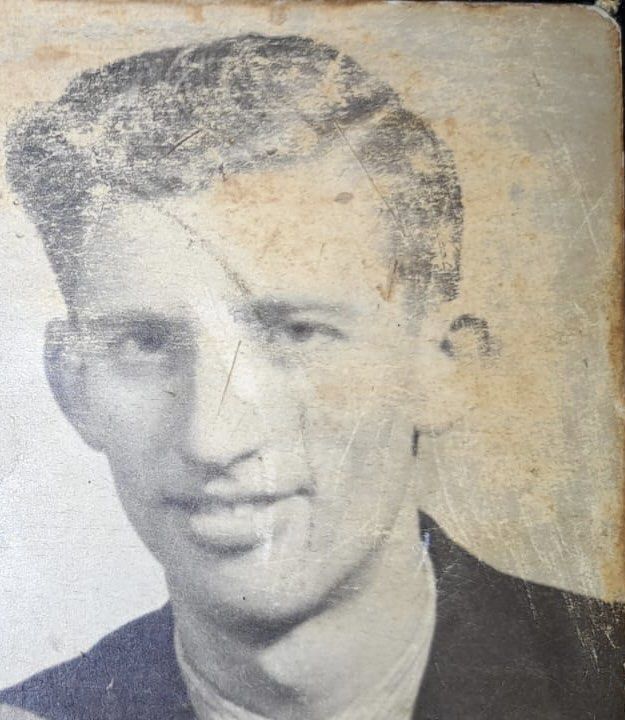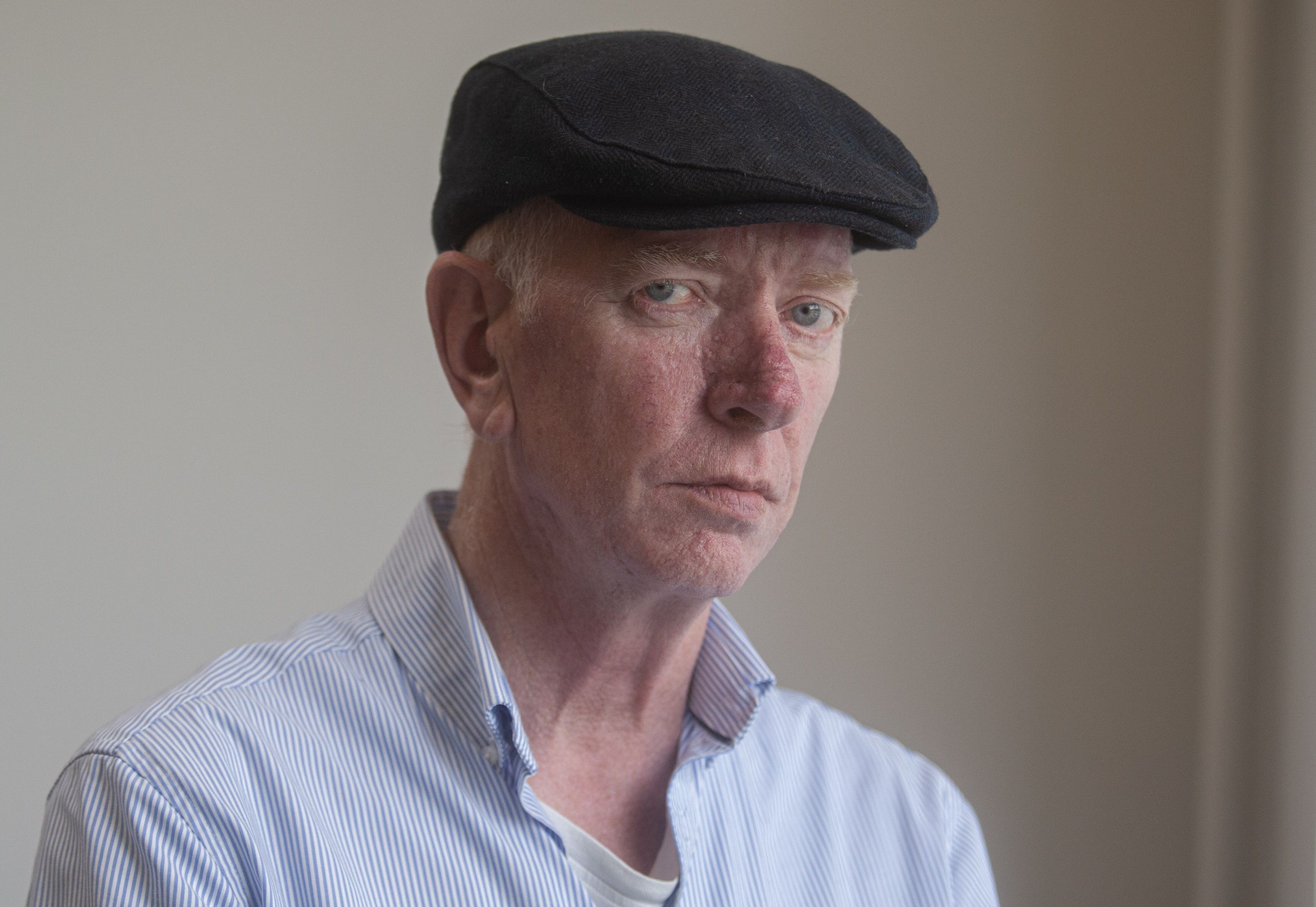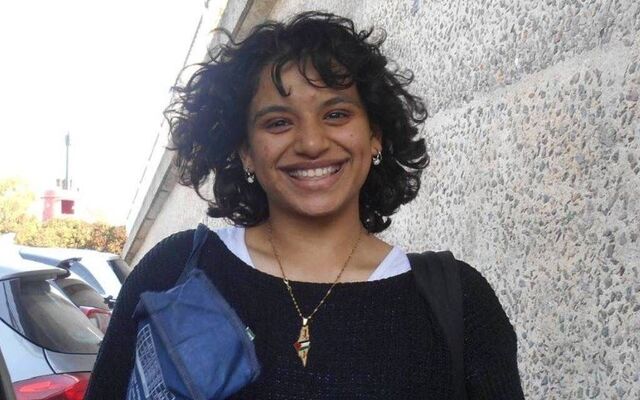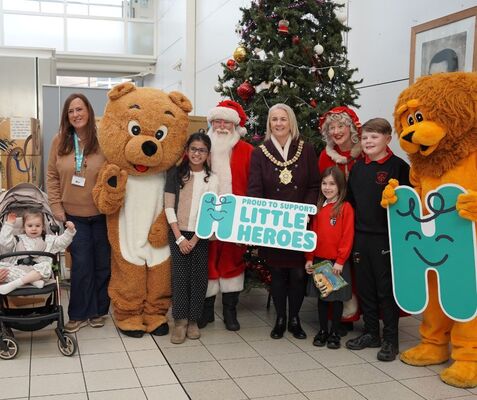THE son of a West Belfast man murdered by the Ulster Volunteer Force (UVF) in 1974 has received a report from the loyalist group behind the killing, giving him a full account of what happened to his father.
John Crawford (52) was murdered by the UVF near his upholstery factory on a laneway near Milltown Cemetery off the Falls Road. The UVF never admitted to the murder at the time as it was on a ceasefire.
In 2016, son Paul began a process to try and obtain further information, involving leading loyalist Winston Irvine as an interlocutor. Mr Irvine is currently charged with firearms offences.
Paul worked with Mr Irvine to ask questions, receive answers and verify what he was told.
As well as formally acknowledging its involvement, the UVF said it accepted the information it acted on was flawed. At the end of the process, it gave Mr Crawford a report written on UVF-headed notepaper, which the family said would remain private.
A report revealing the unprecedented process has been published by Queen’s University academic, Professor Kieran McEvoy.
Speaking to the Andersonstown News, Paul said: "It has been a deeply detailed, complex, drawn-out and emotional process for everyone involved.
John Crawford (52) was murdered by the UVF near his upholstery factory in West Belfast.
“The report reflects on a process that began in 2016 and has taken seven years to come to fruition. My father was an innocent man who was brutally murdered in a sectarian assassination for which no organisation ever claimed responsibility.
“My mother Eileen, now deceased, told journalists immediately after the murder in 1974, we want to know who did this and why it should happen to him.
"Like many families who lost loved ones, that has remained our quest in the ensuing five decades.
“The process took a long time as it involved agreeing a set of ground rules, with me setting out clearly the information that I was seeking, including that I was not looking for the names of those involved, and then the information being relayed back and forward over many scores of meetings via the interlocutor.
“Ultimately my family and I received answers to the questions we were seeking. Through the interlocutor, I received a written report from the UVF confirming they were responsible, which was a huge thing.
"They also accepted that they acted on information which was incorrect at the time which cleared my dad’s name.
"Those two things were huge and it was a huge moment. I am told it was the first time the UVF issued a written report to any victim since they were formed in 1913."
Paul stated that the process clearly showed there was no ‘one-size-fits-all’ approach to legacy but ultimately this process did prove successful for him and his family.
"I do not believe in closure," he continued. "My father was brutally and unjustifiably taken from us and that is a wound that will never heal – but as far as I am concerned this process has delivered absolutely full answers and full resolution of what I was seeking.
"I have absolutely zero sympathy for the UVF. My father’s murder can never be justified. They did however engage with integrity and honesty through the interlocutor which delivered a resolution.
"49 years down the line, this is a serious example of conflict resolution and I hope it makes it less likely that such things would happen again and we replace the language of conflict with the language of conflict resolution.
"The process has been successful. The victim has to be involved but the interlocutor is crucial to it. It was a co-designed process that fitted with the Stormont House Agreement and it went from there.
"The whole thing shows that the current legacy bill is wrong. It cannot work and will not work.
“I know that not every victim would want to engage in the kind of process in which I have been involved for that last number of years and of course no-one should ever pressurise them to do so.
"That was the beauty of the mechanism proposed in the Stormont House Agreement. It provided for investigations, but it also provided victims with a choice to engage in exactly this kind of interlocutor process to armed groups in which I have been involved and which has delivered for me."







